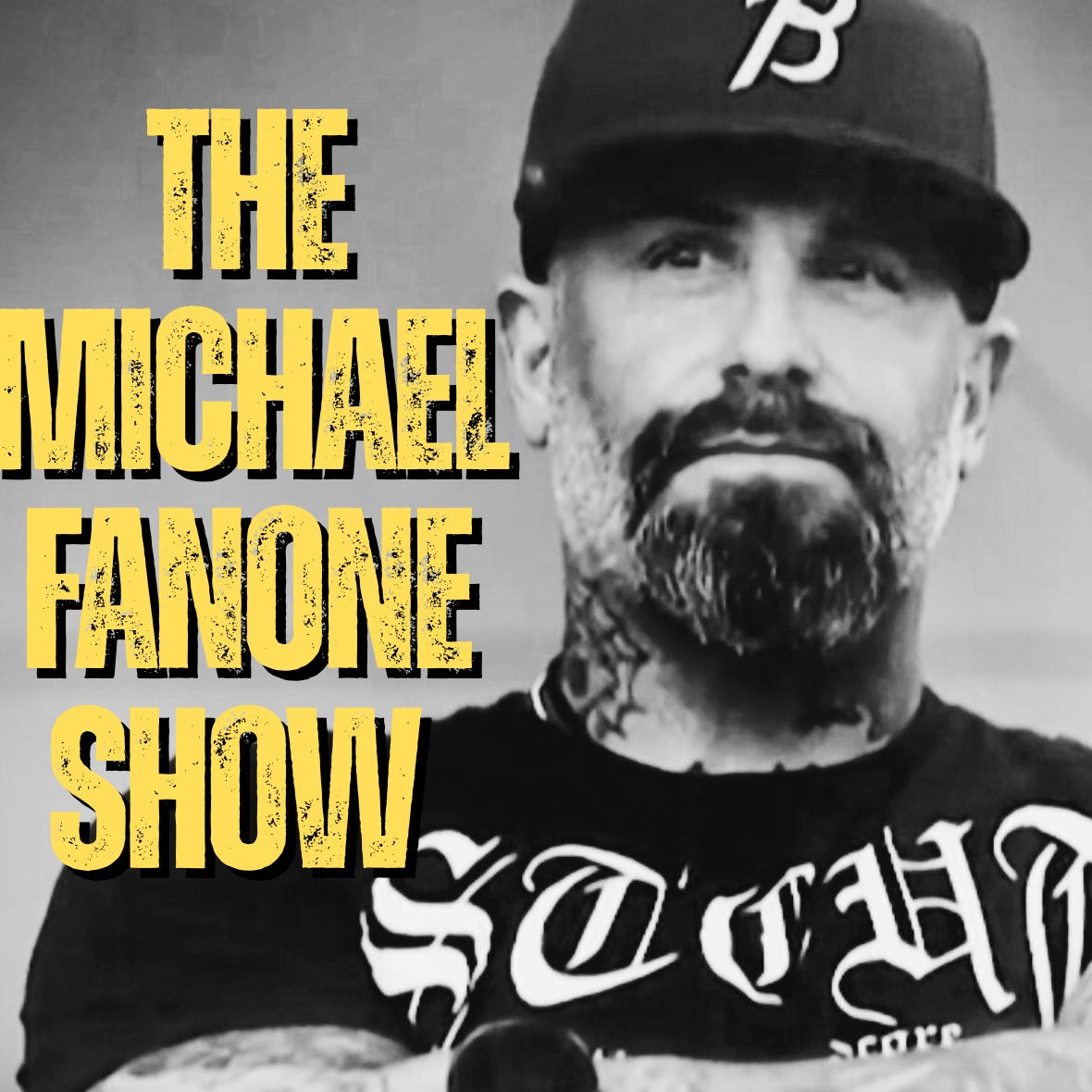Trump’s immigration crackdown has turned law enforcement into a political weapon of intimidation.
Fanone warns that ICE’s tactics — masked, unmarked, and unaccountable — are meant to provoke violence.
Quotas and “performance arrests” have replaced real policing, eroding public trust and safety.
Both Maya and Michael argue that silence from local leaders equals complicity in state-sponsored abuse.
The violence playing out in American streets isn’t rogue behavior — it’s sanctioned. Fanone laid bare how masked ICE and DHS agents are using less-than-lethal force in ways that defy both training and law. Pepper balls fired into peaceful crowds aren’t “crowd control,” they’re bait for escalation, a means to conjure the chaos needed to justify authoritarian power. “They’re trying to elicit a violent response,” he said, warning that each staged confrontation edges the country closer to martial law.
Maya met that warning with the lived reality of protest — parents, clergy, and ordinary people trapped in “kettles,” tear-gassed without warning, and branded as threats for simply existing in public space. She described how that fear fractures communities and corrodes the very idea of trust in public institutions. What the administration calls order looks, up close, like suppression: a system built to break confidence in lawful authority until obedience feels like the only safe choice.
But resistance still flickers where accountability survives. Local leaders refusing to comply, citizens flooding offices with calls, and ordinary people showing up — these acts now form the backbone of democratic defense. The question isn’t whether law enforcement can be reformed under such conditions, but whether silence will let it harden.
Tune in to this urgent conversation with Maya May and Michael Fanone.














